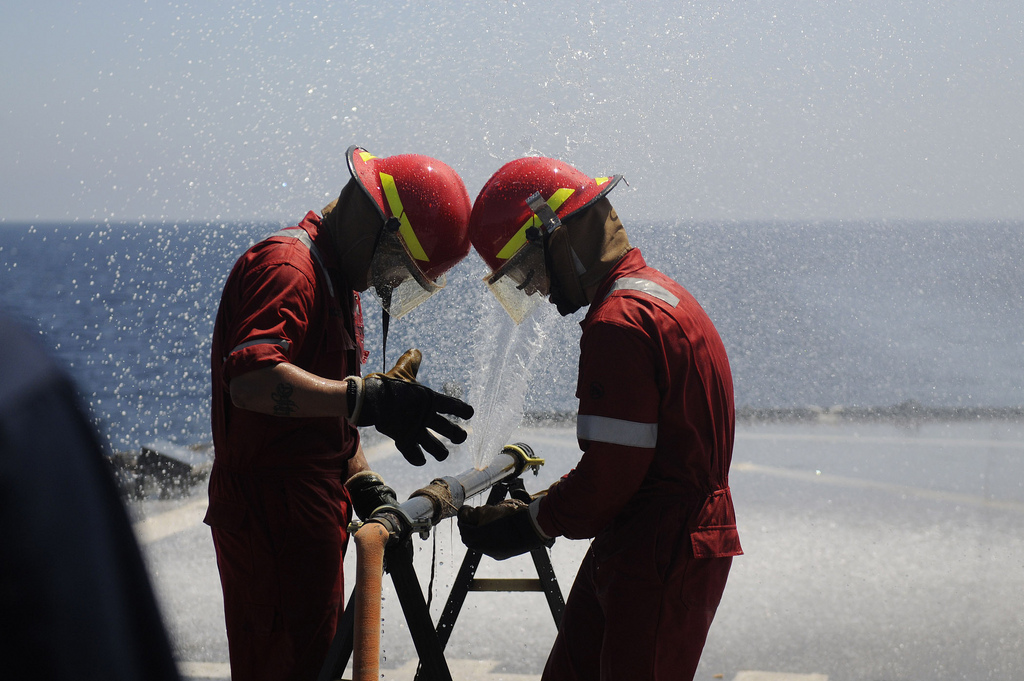The management of a special water levy set to reap nearly $1 billion from Victorians by 2016 has been sharply criticised by the state’s Auditor-General for weaknesses in the way projects funded by the money are selected and prioritised.
A report from the Victorian Auditor-General’s Office into the administration of the Environmental Contribution Levy (ECL) warns that money which was originally earmarked for water improvement projects now appears to be being increasingly funneled into routine operations rather than new initiatives.
The Environmental Contribution Levy was established in 2004 with the specific aim of safeguarding and supporting the “sustainable management of Victoria’s water resources” with its funds aimed at projects that addressed serious deficiencies identified in the state’s water infrastructure, ranging from flood mitigation, water quality control, and drought proofing as well as improving pipes and meters.
But there is now concern that the money, which appears an additional item on ratepayers’ bills, is not being used as intended by recipients.
The Victorian Department of Environment and Primary Industries (DEPI) has also been bitten by the report from the state’s governance watchdog over its management of the funds (which first go into consolidated revenue).
The Audit-General’s report said that that DEPI “has not been able to demonstrate whether the projects that have been proposed for funding under the ECL were those that had the greatest potential for optimising the achievement of the levy’s objectives.”
It also cautioned that the “broad nature” of the levy’s intentions was sometimes being used to channel funding for “longstanding core activities rather than funds being directed to water initiatives that more clearly align with the purpose of the levy.”
“This appears to be inconsistent with the original purpose of the levy,” the Audit report said.
The main gist of the Audit’s criticisms is directed towards what appears to be a growing tendency to use special purpose funding for more run-of-the-mill activities at the potential expense of longer term improvements to the water system.
The effect of that kind of funding drift appears to be that DEPI is now collecting a growing pot of cash from ratepayers with increasingly fluid parameters for what it might be spent on.
“While the ECL revenue collected has increased substantially over time, DEPI has not clearly articulated the strategic priorities for the levy, nor undertaken an analysis of the level of investment needed to address them,” the Audit report said.
The Auditor added that after almost a decade, the “has not assessed the ECL’s overall performance against its statutory objectives nor established an evaluation framework to do so.”
Although some “project-level evaluations” had shown a “range of environmental benefits” the report warned that the quality and consistency of project reviews was variable.
“DEPI has provided only limited information about the levy in its public reports, consequently there is a lack of transparency about how the levy is used and whether its objectives have been met,” the Audit said.






Leave a Reply